Support alternative livelihoods to “poverty”
Quang Nham is a border commune of A Luoi district ( Hue city), where many ethnic minorities live, of which 49.67% are Pa Co (a local group of Ta Oi ethnic group), 47.27% are Ta Oi, the rest are ethnic groups such as Kinh, Co Tu, Bru-Van Kieu, Muong, Ba Na, Gia Rai, Hoa... Life here is still difficult, but the spirit of striving to rise up is always present in every family, especially ethnic minority women.
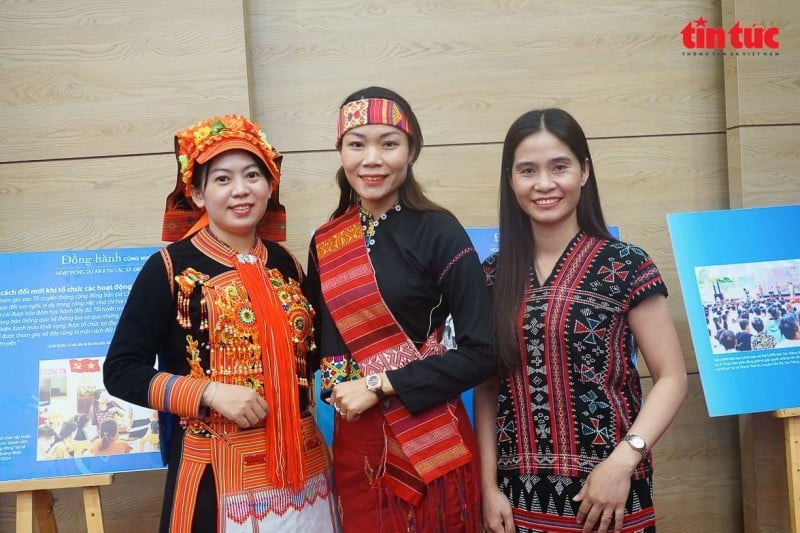 |
| Ms. Ho Thi Tanh (third), President of the Women's Union of Quang Nham Commune (Hue City). (Photo: Tin Tuc and Dan Toc Newspaper) |
Ms. Ho Thi Tanh, Chairwoman of the Women's Union of Quang Nham commune, shared: “Quang Nham is one of the communes selected to implement Project 8 'Implementing gender equality and solving urgent issues for women and children', along with the program 'Accompanying women in the border areas'. In the past time, the Union has coordinated with Lam Dot Border Guard Station to organize 28 communication sessions for people about the National Border Law, security and defense work. At the same time, effectively implemented a livelihood support package worth 100 million VND through models of banana planting, chicken raising, and establishing a local agricultural product purchasing association".
During that journey, many stories of ethnic minority women's achievements moved Ms. Ho Thi Tanh. A typical example is the story of Ms. Ho Thi Len (a member of the Women's Association of Pi Ay 1 village, Ta Oi ethnic group) with a particularly difficult situation. Although life is still difficult, her husband is currently being treated at Hue Central Hospital, and her children are still young, Ms. Ho Thi Len always maintains an optimistic spirit. After receiving support from the program, she was given two breeding goats to start raising, and she burst into tears: "Since getting married, my husband and I have never had the opportunity to raise livestock, do business ... Thanks to the care of the Association, I have the opportunity to change my life."
After two years, the two original goats gave birth to five more kids. She sold two litters of goats and saved up to buy another calf to continue developing her economy. While taking care of her family and working hard to make a living, she is a living testament to the determination and inner strength of ethnic minority women when given the right support at the right time and in the right way.
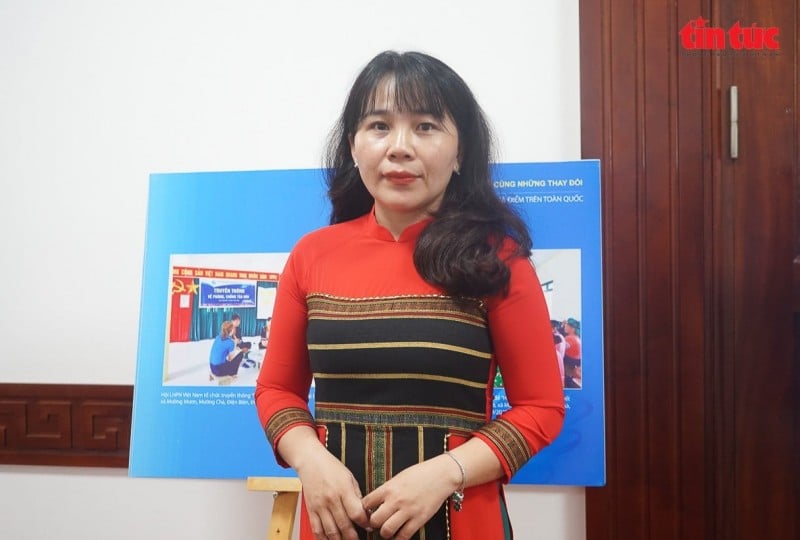 |
| Ms. Vo Thi Mong Khuong, President of the Women's Union of Ea So commune, Ea Kar district, Dak Lak province. (Photo: Tin Tuc and Dan Toc Newspaper) |
In Ea So commune (Ea Kar district, Dak Lak province), one of the particularly difficult localities with more than 60% of the population being Ede people, community livelihood models are gradually changing the lives of ethnic minority women here.
Ms. Vo Thi Mong Khuong, President of the Women's Union of Ea So commune, shared: "In 2023, realizing the need for a livelihood model for women to have a place to exchange and support each other in economic development; at the same time, creating favorable conditions for organizations and authorities to provide technical support, I proposed to the District Women's Union, then proposed to the Vietnam Fatherland Front of the district to ask for support for the first two livelihood models."
Different from the old way of supporting each household individually, Ms. Vo Thi Mong Khuong and her colleagues decided to establish livelihood groups. Initially, there were 10 women participating, now it has increased to 20 people. With a starting capital of 45 million VND, the groups met to discuss and select the most difficult households to borrow first, from there helping each other develop. The model of raising breeding cows was chosen because it is suitable for local conditions, low cost, low risk and high sustainability.
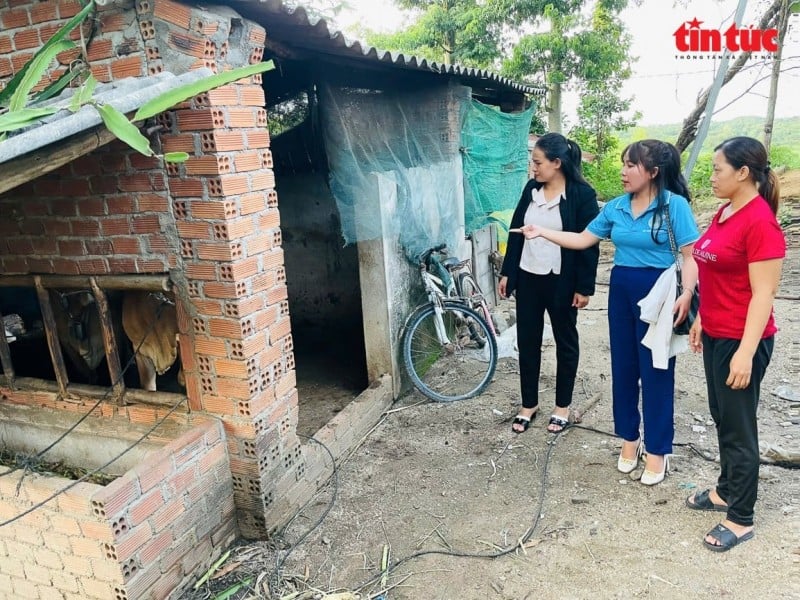 |
| The cow breeding model of the Women's Union of Ea So commune (Ea Kar district, Dak Lak province) has contributed to supporting the livelihoods of ethnic minority women to escape poverty. (Photo: Tin Tuc and Dan Toc Newspaper) |
“Raising cows here is not an industrial way, which requires money to buy bran. Women take advantage of the land to grow grass, graze naturally, collect agricultural by-products after harvest, etc., so the cost of raising them is almost negligible. When the price of cows goes down, they can still continue raising them without having to sell them at a loss. When the price goes up, they can sell the mother cows, calves, or breed more. From one initial cow, some households now have three or four. This is a “living” savings that women can use to get by when they need capital to do business or to take care of their children’s education,” said Ms. Vo Thi Mong Khuong. Compared to many other models being implemented, raising breeding cows is considered a sustainable direction, because of its high replicability, low risk, and motivation for ethnic minority women to escape poverty.
Access to preferential loans - expanding development opportunities
In Ea So commune (Ea Kar district, Dak Lak province), ethnic minority women are gradually changing their lives thanks to effective and humane community savings models. Regardless of difficulties, they work together to build trust, share and support each other with every small amount of capital to escape poverty.
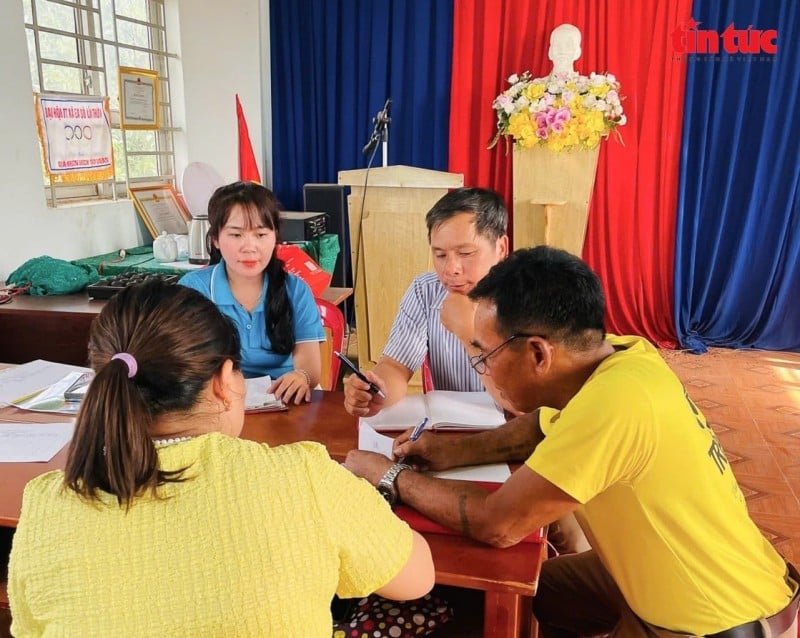 |
| Ms. Vo Thi Mong Khuong is passionate about propaganda activities and supporting ethnic minorities in economic development. (Photo: Tin Tuc and Dan Toc Newspaper) |
Ms. Vo Thi Mong Khuong, President of the Women's Union of Ea So commune, shared: “Although life is still full of hardships, women are always united and support each other to overcome difficulties. From the initial small savings groups, the commune now has 16 groups with a total capital of up to 280 million VND. Instead of dividing the amount as before, at the end of 2023, the Women's Union of the commune boldly changed the lending method: Increasing the support level, lending, from 5 million VND or more, helping members have enough strength to invest in more systematic economic models such as growing fruit trees, raising goats, raising cows. Saving groups not only bring economic value but also sow trust and sharing among women. This is a very humane savings model that needs to be replicated further,” Ms. Vo Thi Mong Khuong expressed.
Access to loans has always been a major barrier for ethnic minority women, especially in communes like Chau Tien (Quy Hop district, Nghe An province), where a large number of Thai ethnic people live. Lack of understanding of procedures, fear of risks and lack of collateral make many women hesitate to participate in official loan programs... Understanding that, the Women's Union of Chau Tien commune has implemented many synchronous solutions such as: Organizing specialized communication sessions, integrating loan consulting into branch activities, establishing "Women's savings - credit" clubs to spread healthy financial habits.
In particular, the Association has coordinated with the District Social Policy Bank to organize direct consultations right at the village, inviting bank staff to come to the village to guide the application and answer questions. Not only does it stop at accessing capital, the Association also provides post-loan support: Opening training classes on livestock and crop farming techniques; providing guidance on household financial management; connecting the market through "Women's Entrepreneurship" markets and local agricultural cooperatives. These efforts have gradually changed awareness, empowering Thai ethnic women to become more confident in starting a business and more stable on the journey of developing the family economy.
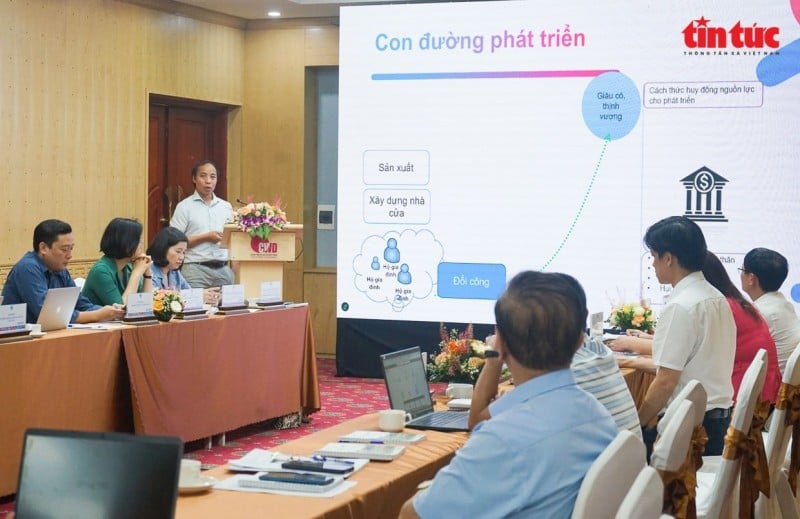 |
| Expert Dang Dinh Ngoc, an officer of CARE in Vietnam, shared at the consultation workshop, giving comments to complete the proposed content and solutions for project activities 8. (Photo: Tin Tuc and Dan Toc Newspaper) |
According to expert Dang Dinh Ngoc, an officer of CARE in Vietnam (a global organization aiming at poverty reduction), in recent years, the Central Committee of the Vietnam Women's Union and local Women's Union agencies have guided the implementation and coordinated with organizations and projects to operate many types of mutual assistance through community savings movements, based on the core of women's branches and groups in villages. On average, each village has at least 1 savings group, and some localities have more than 1 group to ensure that the number of members and groups is not too large (Hoa Binh, Bac Kan, Quan Tri provinces...).
There are currently hundreds of thousands of active savings groups nationwide with capital contributions of thousands of billions. These groups have greatly contributed to the positive economic changes for women. Members of savings and loan groups are also members of microfinance networks operating in the area. Many groups in Yen Bai and Ha Giang provinces... have begun to have excess financial resources and group leaders have to deposit them in banks to seek greater security as the amount of regular savings increases more and more while the demand for loans decreases, due to loan limits, interest rates are no longer attractive compared to potential risks. It can be said that these are great achievements and a good starting point to lay the foundation for comprehensive financial access in the long term.
However, expert Dang Dinh Ngoc commented that there is still a gap between informal and formal financial access, due to limitations in people's access and governance capacity, and these traditional models play an intermediary role towards formal finance.
“People’s ability to access formal financial services is limited and does not meet the requirements of service providers. People’s loans are mostly policy loans from the Social Policy Bank and the Agricultural Bank with special conditions for policy beneficiaries. The rate of commercial loans in the community is very low because borrowers do not have collateral or are not able to complete loan applications from banks and credit institutions. People’s ability to manage capital for development is still limited. People tend to borrow small amounts of capital that are suitable for their management capacity to spend on different purposes, of which investment in small-scale livestock and crop farming still accounts for a large proportion,” Mr. Dang Dinh Ngoc shared.
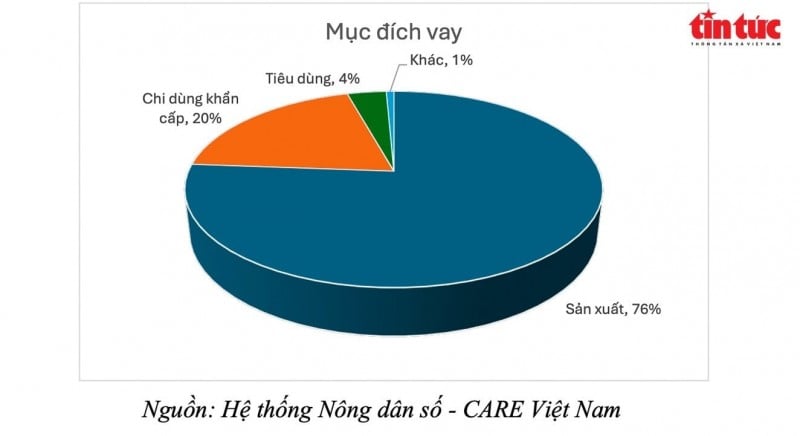 |
| The chart shows the proportion of loan purposes of members in the Mutual Funding Group. (Photo: Tin Tuc and Dan Toc Newspaper) |
Recent surveys by CARE Vietnam in the provinces of Ha Giang, Bac Kan, Son La, Hoa Binh, Quang Tri, Kon Tum, Tra Vinh, and Ca Mau show that women's use of capital through savings groups is mainly for livelihood development with relatively small capital scale (5 - 7 million VND/disbursement). According to data from the Digital Farmer System, in 11,907 capital support transactions of members in 708 Mutual Fund Support groups, 76% of the capital support was used for investment and production purposes (small-scale livestock farming, investment, purchase of supplies, production materials, etc.).
People's cash accumulation is still limited, income from the household economy is fragmented, dependent on the weather, traders, and local markets, and is barely enough to cover daily needs; people tend to seek out and easily accept traditional forms of community capital accumulation that are suitable to their needs and capabilities. This is the reason for the existence of many models of savings, loans, and rotating savings and credit associations in recent times.
Within the scope of the 8-phase project 2026 - 2030, Mr. Dang Dinh Ngoc proposed that the Central Committee of the Association continue to pay attention to: Researching and improving the operating model of groups based on current legal documents to promote the growth of existing savings and capital accumulation models in parallel with preparing the necessary capacity for groups to enter the breakthrough stage and be able to accumulate the capacity to access formal finance and management capacity. At the same time, it is necessary to classify groups according to their access capacity (often associated with the scale of savings) to have appropriate support strategies. Specifically, research and convert groups from operating models with higher legal risks to models with higher legal security: This is a gradual approach, gradually increasing the difficulty so that groups have higher adaptability; connecting groups with good capacity with the formal financial system so that they can enter a new stage of development...
Application of science and technology, digital transformation - new steps forward
In the context of the country's strong transformation towards digital transformation, green economic development,... Thanh Hoa Provincial Women's Union determined that ethnic minority and mountainous women are not left out. Therefore, supporting 15 livelihood models, cooperatives and cooperatives led by women, applying 4.0 technology is a specific and in-depth step towards sustainable economic empowerment for women.
Thanh Hoa Provincial Women's Union has implemented activities to support livelihood models such as: Training in management, business and digital transformation skills: Women are trained in social networking applications, e-commerce platforms, livestream sales, financial management, OCOP product branding, etc.; organizing separate training classes for ethnic minority women with little exposure to technology, helping them get acquainted with smartphones, taking photos and filming product videos.
The Association supports women in connecting product communication markets, packaging design activities, labels, product stories, connecting with distributors, bringing products to e-commerce platforms Shopee, Postmart, local platforms...; supporting women's products to participate in fairs in and outside the province, creating conditions to spread highland products to the market. Along with that, consulting, accessing loans and start-up policies: Connecting with the Policy Bank, the Poor Women Support Fund, Thanh Hoa Microfinance Organization... to help women access preferential and legal capital sources; accompanying and consulting on making documents, business plans, legal procedures to establish cooperatives and cooperatives.
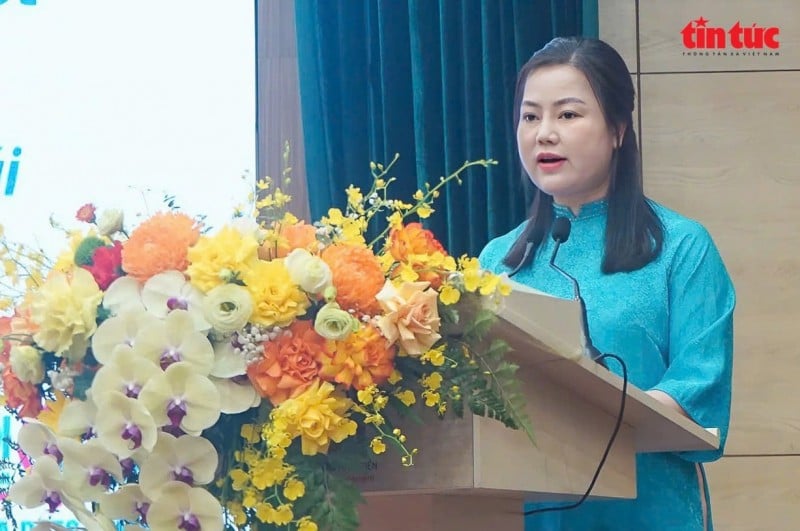 |
| Ms. Bui Thi Mai Hoan, Vice President of Thanh Hoa Provincial Women's Union actively implemented activities in Project 8. (Photo: Tin Tuc and Dan Toc Newspaper) |
According to Ms. Bui Thi Mai Hoan, to date, the Association has deployed 15 livelihood models applying technology. Many ethnic minority women have learned to livestream to sell goods, open bank accounts, and promote products online for the first time to increase income and escape poverty. Among them, there are also models led by women that have achieved 3-star OCOP product standards, becoming attractive community tourism destinations.
“Women-led livelihood models not only help increase income and improve family life, but more importantly, contribute to changing the social role of women, especially women in ethnic minority and mountainous areas. Women from being “behind the scenes” have now stepped up to take control of production and business models; are more confident, have more say in the family and community; and have the ability to guide and inspire other women to rise up together. In the era of national development, when the country promotes digital transformation, so that “no one is left behind”, women in the highlands should have access to technology, training and proper support… so that they can become an important force, contributing to the development of a green, humane and sustainable economy”, Ms. Bui Thi Mai Hoan expressed. |
In the coming time, the Thanh Hoa Provincial Women's Union determines that continuing to promote the implementation of Project 8 is not only a responsibility, but also a strategic driving force to accompany ethnic minority and mountainous women to keep up with the new development pace of the country, especially in the context of digital transformation, knowledge-based economic development and digital society taking place strongly.
“We will promote digital transformation among ethnic minority and mountainous women, continue to expand training courses on basic information technology skills, smartphone usage skills, marketing and sales skills via social networks and e-commerce platforms. Thereby, supporting women to build personal brands and product brands associated with digital transformation such as: Livestream sales, product video recording, QR code creation, etc.
In addition, develop more sustainable livelihood models associated with local conditions such as: Orientation to build more green startup models, digital startups, community tourism led by women, with national identity characteristics. At the same time, the Association also encourages ethnic minority and mountainous women to participate in building OCOP and sustainable production and consumption chains; strengthen coordination and connection with departments, branches, businesses, universities, international organizations to bring programs, technology and resources to communes and villages. In particular, the Association will advise and propose policies suitable to the characteristics of ethnic minority and mountainous women in the digital transformation period", Ms. Bui Thi Mai Hoan shared.
In phase I of project 8, Thuan Chau district (Son La province) was assessed as one of the localities in Son La province that implemented project 8 well. Thuan Chau is a mountainous district, with over 90% of the population being ethnic minorities; the multidimensional poverty rate accounts for 18.16%, transportation is still difficult; some backward customs and practices still exist; people's awareness is still limited. Therefore, in recent years, the district Women's Union has identified digital transformation as an important task, opening up many opportunities for innovation in the work of the Union and supporting women to easily exchange and acquire knowledge, experience, good models in economic development; overcoming all prejudices, gender barriers...
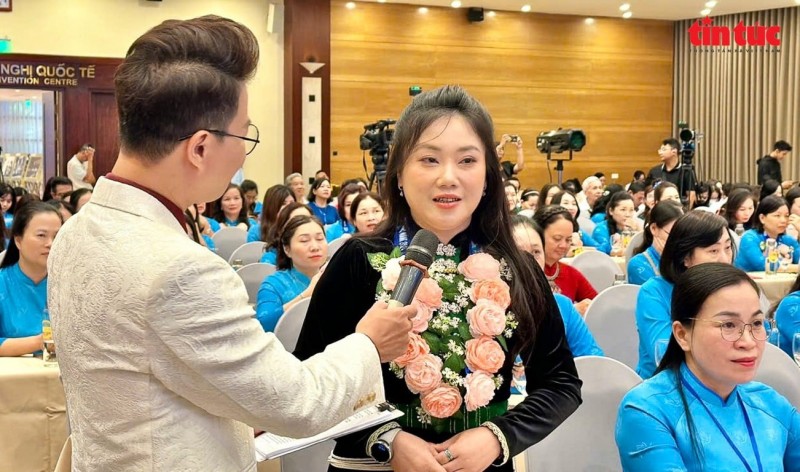 |
| Ms. Luong Thanh Thuy, Chairwoman of the Women's Union of Thuan Chau district, Son La province. (Photo: Tin Tuc and Dan Toc Newspaper) |
Ms. Luong Thanh Thuy, Chairwoman of the Women's Union of Thuan Chau District, Son La Province, said that currently, many types of agricultural products and local specialties are being developed in Thuan Chau District. Recently, the Women's Union of the district has coordinated with units to open training courses for business households and cooperatives owned by women, helping women access many forms of business, introduce products and agricultural products to customers through livestream sessions and know how to build and manage sales websites (instead of just selling at traditional markets as before).
“The Association has coordinated with agencies and units to provide instructions to help people preserve and transport agricultural products safely to consumers… In particular, it has implemented activities to support women in applying science and technology to enhance the economic empowerment of ethnic minority women… The encouraging sign is that many women have taken advantage of social networking sites to sell consumer products, agricultural products, and specialties of Thuan Chau district that are OCOP certified. From there, the district is forming many models of ethnic minority women starting businesses applying information technology and digital platforms in the process of promoting and introducing products, initially increasing income,” Ms. Luong Thanh Thuy shared.
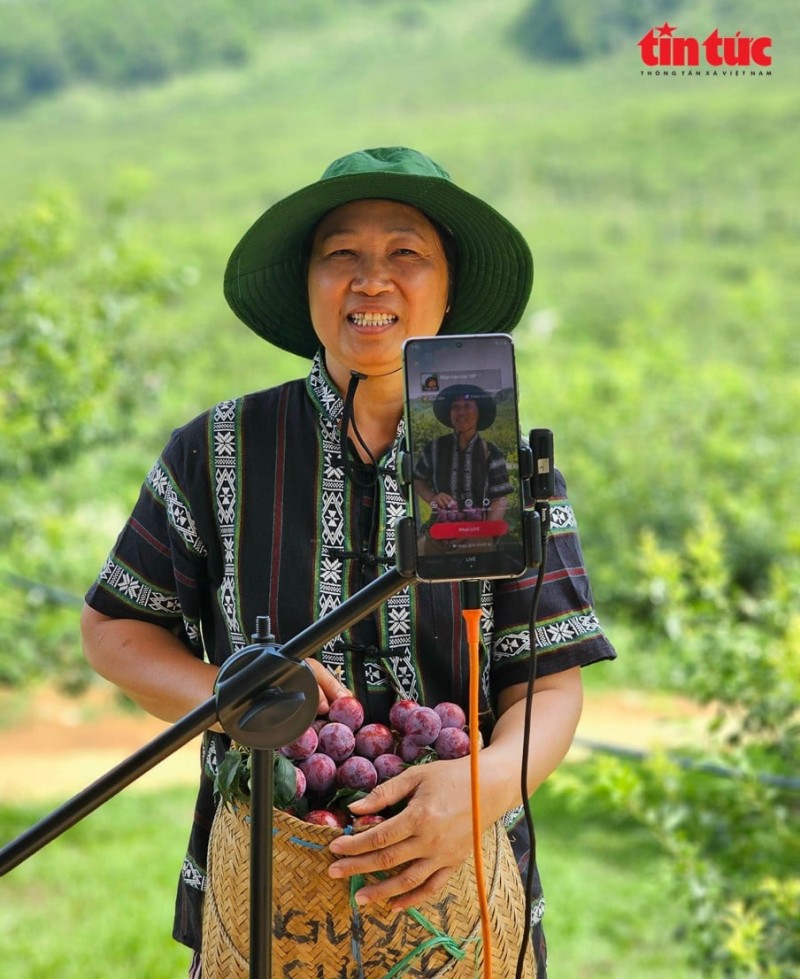 |
| Ethnic minority women in Son La province enhance their economic power through livestreaming to sell agricultural products. (Photo: Tin Tuc and Dan Toc Newspaper) |
According to the Son La Provincial Women's Union, as of April 2024, about 3,000 members, women, of which 30% are ethnic minority women; 50% of OCOP subjects, are supported with knowledge and skills to participate in and apply digital platforms, e-commerce platforms and production and business are supported with knowledge and skills to use smart devices, electronic transactions and use social platforms in economic development activities and financial management. In addition, from 2023, the Provincial Women's Union will also coordinate with banks, credit institutions, and payment institutions to implement the collection of membership fees by non-cash payment methods on the internet, mobile devices, etc.
In the period of 2026 - 2030 implementing project 8, the Son La Provincial Women's Union will continue to train, communicate, support empowerment in comprehensive financial access, promote financial education for women; support the application of science and technology to enhance women's economic empowerment; guide ethnic minority women in skills to access digital economy, circular economy and benefit fairly from emission reduction activities, access to carbon markets. In addition, it will support the development of livelihood models for women associated with the preservation and promotion of good traditional cultural values among ethnic minorities; support livelihood development, vocational training and job creation for vulnerable groups, victims of domestic violence, victims of human trafficking, women in poor and near-poor households, women with disabilities, and poor single women.
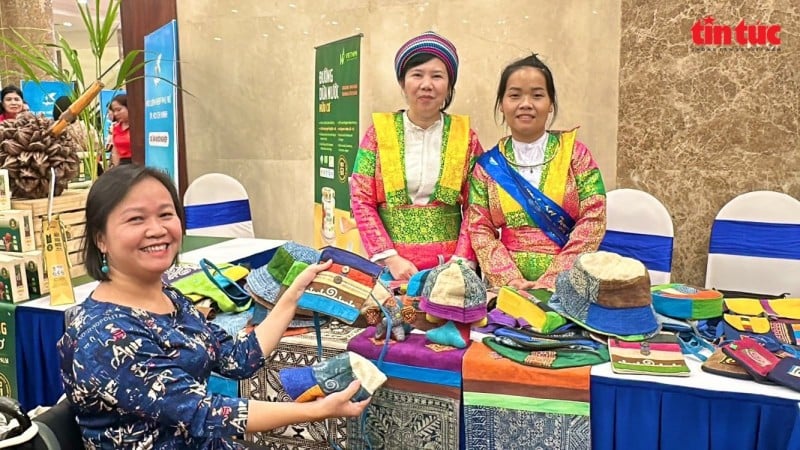 |
| Ms. Nguyen Thi Lan Anh, Vice President of the Vietnam Association of People with Disabilities. (Photo: Tin Tuc and Dan Toc Newspaper) |
At the consultation workshop to provide comments and suggestions for completing the proposed content and solutions for the activities of Project 8 Phase 2, Ms. Nguyen Thi Lan Anh, Vice President of the Vietnam Association of People with Disabilities, shared that in ethnic minority and mountainous areas, women face many difficulties, barriers, and lack of employment opportunities and economic development. Livelihoods in mountainous areas mainly depend on agricultural and forestry production, jobs that require health and a lot of movement, which are not suitable for many types of disabilities. Women with disabilities often do not have land for production or are not registered as owners, so it is difficult to access loan programs or livelihood support from the state. In addition, very few flexible work models at home or in production groups that are suitable for the capacity of women with disabilities are implemented sustainably.
To enhance the livelihood and suitable employment for ethnic minority women with disabilities, Ms. Nguyen Thi Lan Anh said that working at home or online such as online sales and order processing should be encouraged. Along with that, it is necessary to support women with different types of disabilities. For example, women with mobility disabilities, limited mobility, and difficulty doing manual labor, the Women's Union should design work at home or at accessible facilities; online sales training; assistive technology (height-adjustable desks, etc.). For women with visual impairments, who cannot access visual information, and have difficulty accessing conventional technology, the Union at all levels can design programs to instruct in massage, traditional musical instruments, and weaving; apply screen-reading software to teach computer skills; support accessible technology devices (Braille printers, smart speakers), etc.
In the context of the country promoting digital transformation and green economic development, it is extremely necessary to continue investing in and supporting ethnic minority women in terms of livelihoods, finance and technology so that "no one is left behind". From practical models in border and mountainous communes to savings and loan groups, the story of enhancing the economic power of ethnic minority women is a testament to their inner strength and will to overcome difficulties, and at the same time a strong call for systematic and synchronous attention and support from all levels, sectors and social organizations. Only when empowered, resourced and given opportunities, can ethnic minority women truly play their role as an important factor in the country's sustainable socio-economic development.
Draft proposal for implementing Project 8, phase 2026 - 2030 Content 2: Support to enhance the economic empowerment of women in ethnic minority and mountainous areas - Training, communication, support to enhance women's financial access; support and guide ethnic minority women in skills to access the digital economy, comprehensively, promote financial education for women. - Support the application of science and technology to enhance women's economic empowerment; support and guide ethnic minority women in skills to access the digital economy, circular economy and benefit fairly from emission reduction activities and access to carbon markets. - Support the development of livelihood models for women associated with the preservation and promotion of good traditional cultural values among ethnic minorities; - Livelihood support, vocational training and job creation for vulnerable groups, victims of domestic violence, victims of human trafficking, women from poor and near-poor households, women with disabilities, and poor single women. |
According to Tin Tuc and Dan Toc Newspaper
https://dantocmiennui.baotintuc.vn/nang-cao-quyen-nang-kinh-te-cho-phu-nu-dan-toc-thieu-so-post360341.html
Source: https://thoidai.com.vn/nang-cao-quye-nang-kinh-te-cho-phu-nu-dan-toc-thieu-so-214121.html


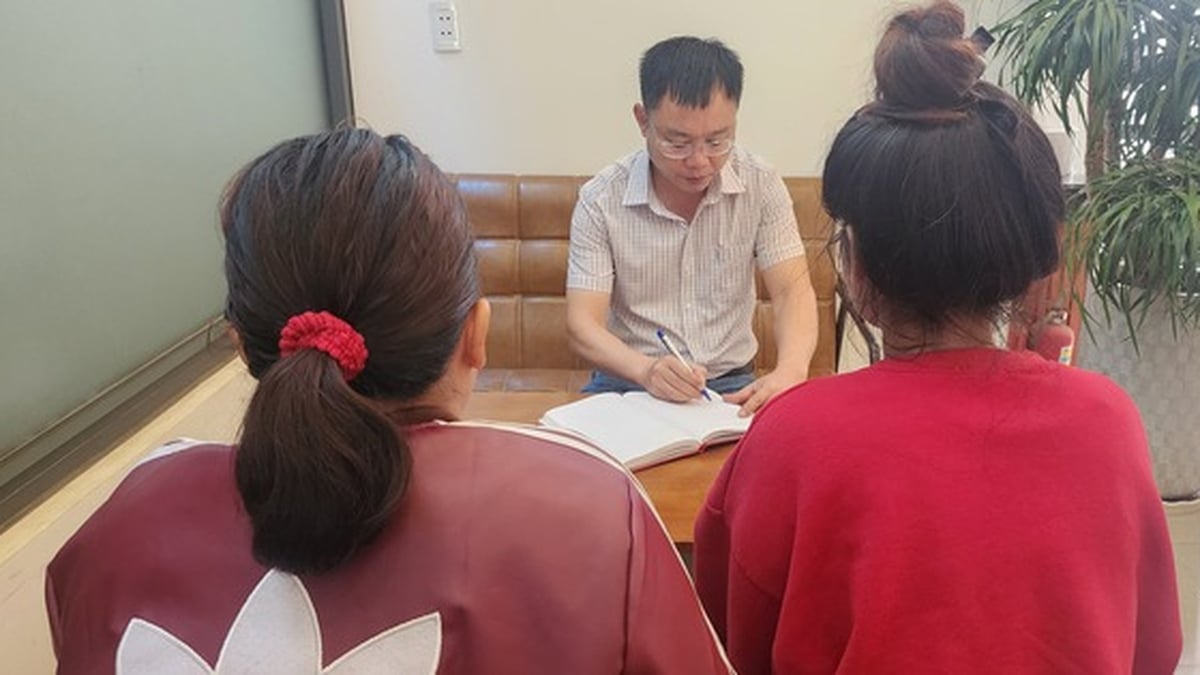
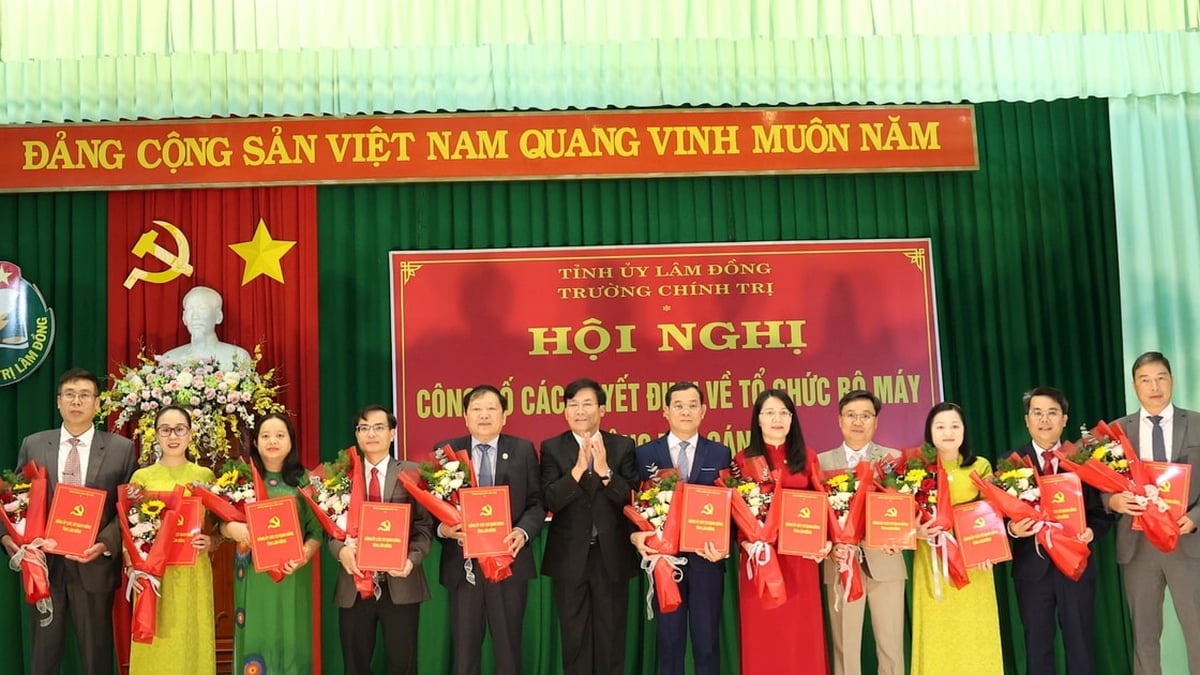
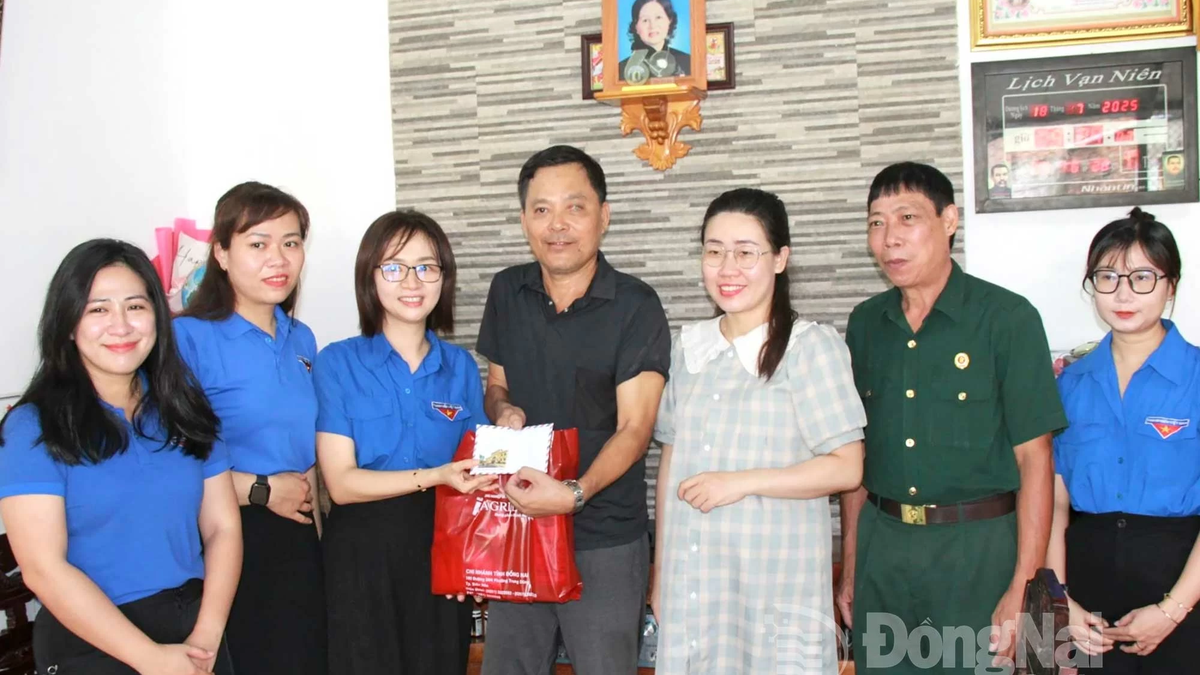

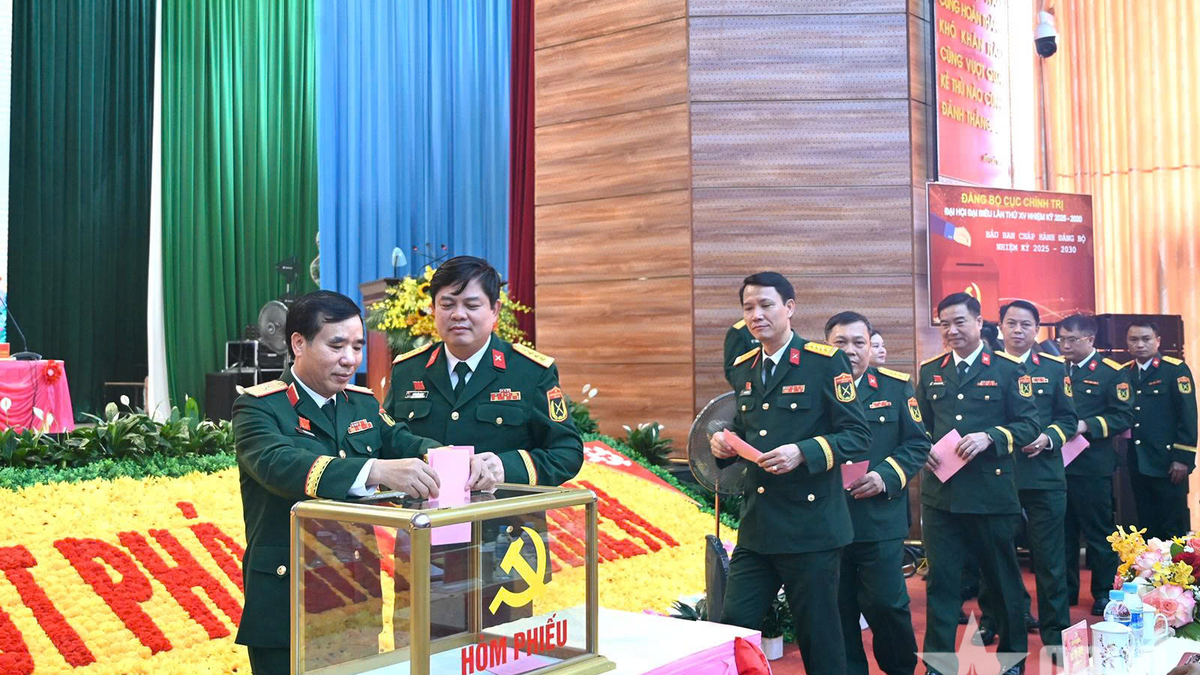
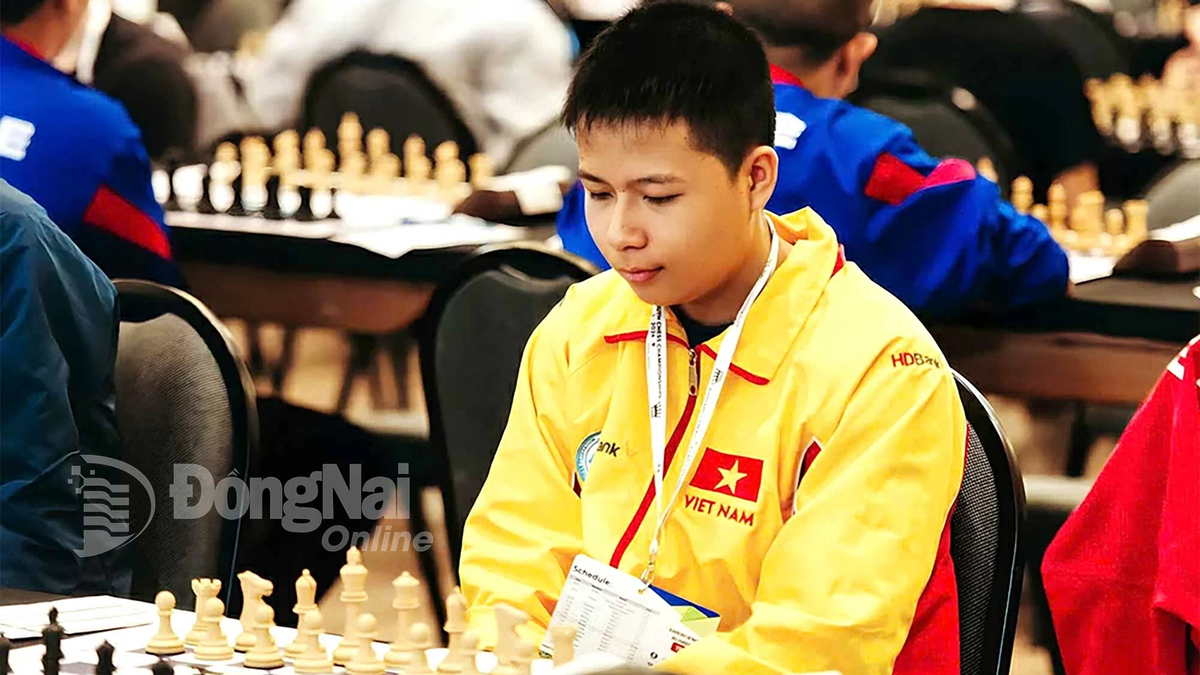
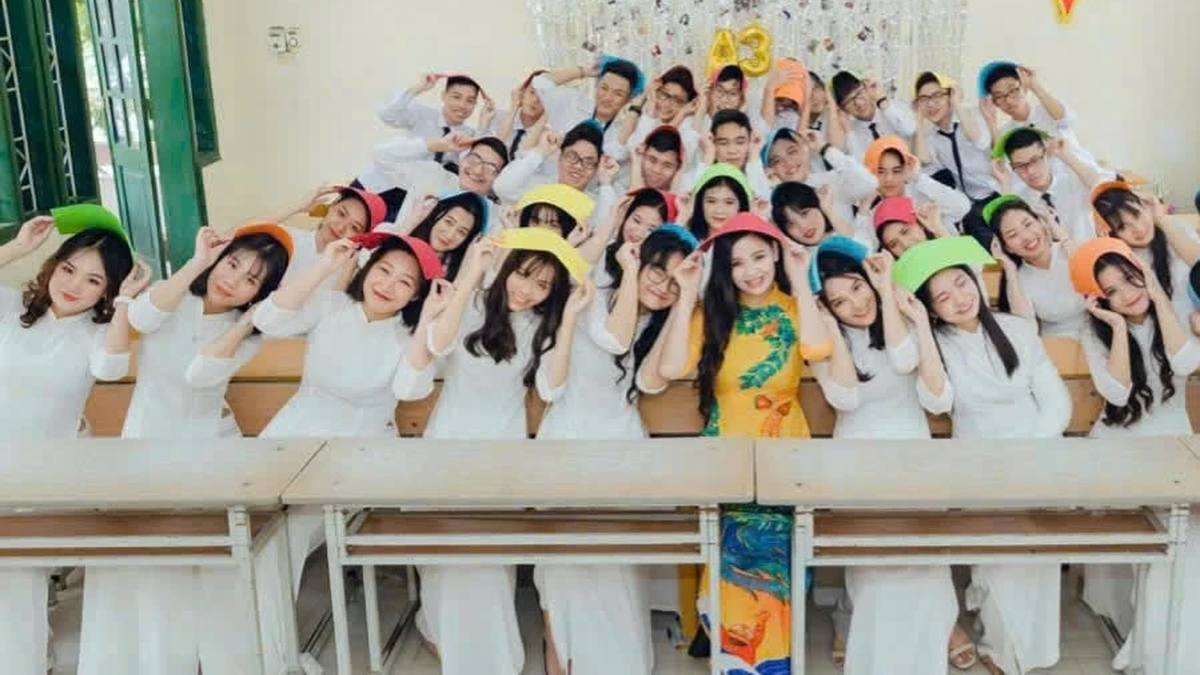
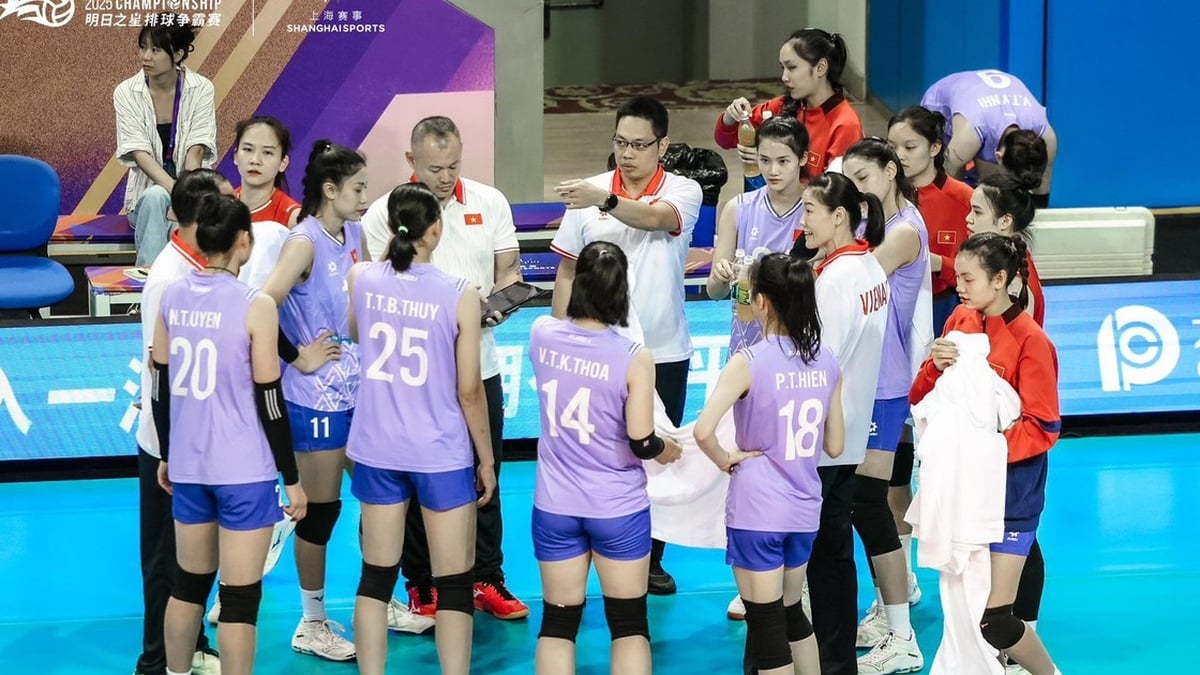
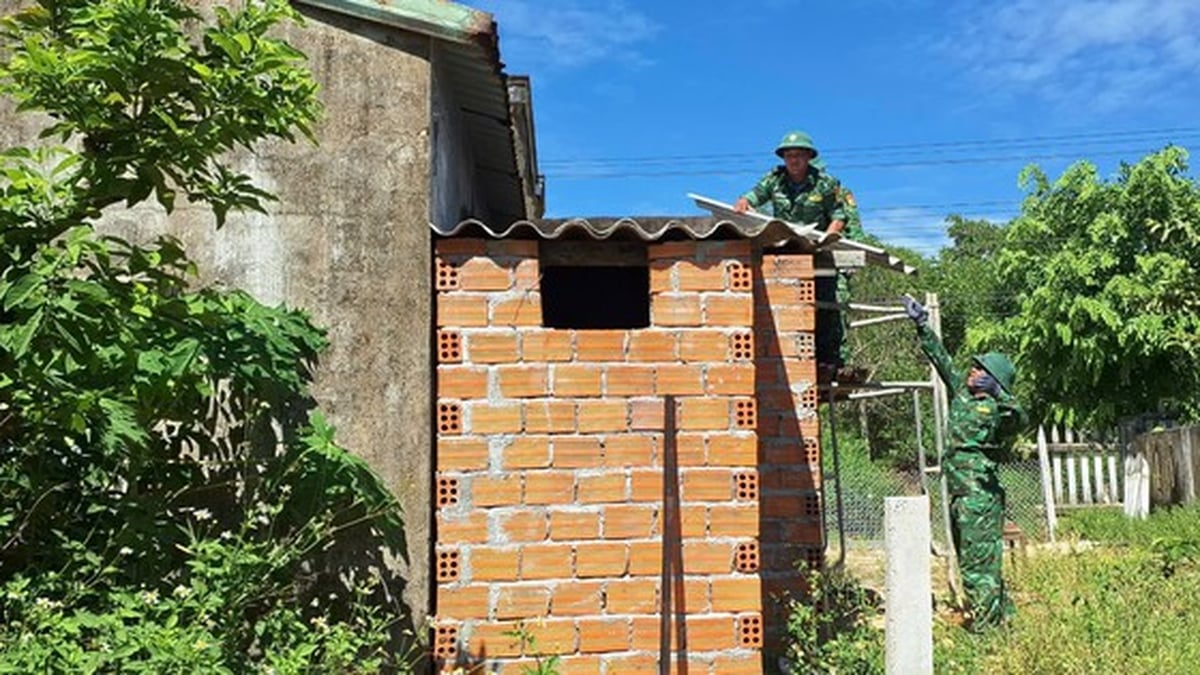
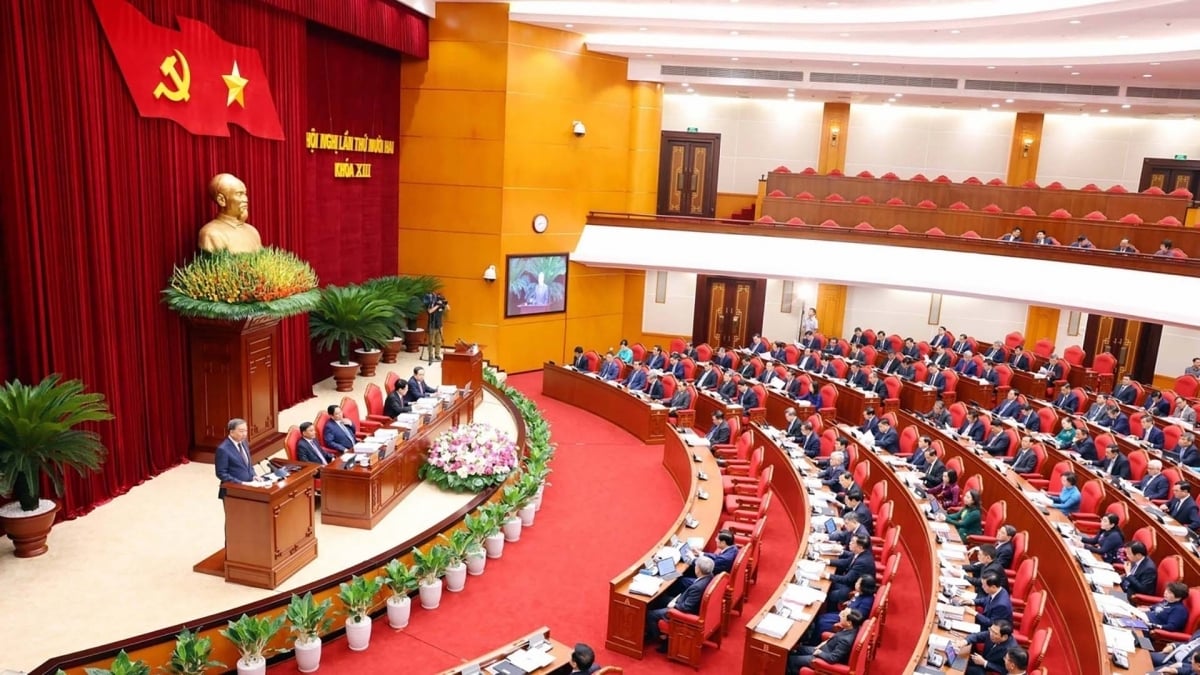

















































































![[Infographic] In 2025, 47 products will achieve national OCOP](https://vphoto.vietnam.vn/thumb/402x226/vietnam/resource/IMAGE/2025/7/16/5d672398b0744db3ab920e05db8e5b7d)





Comment (0)